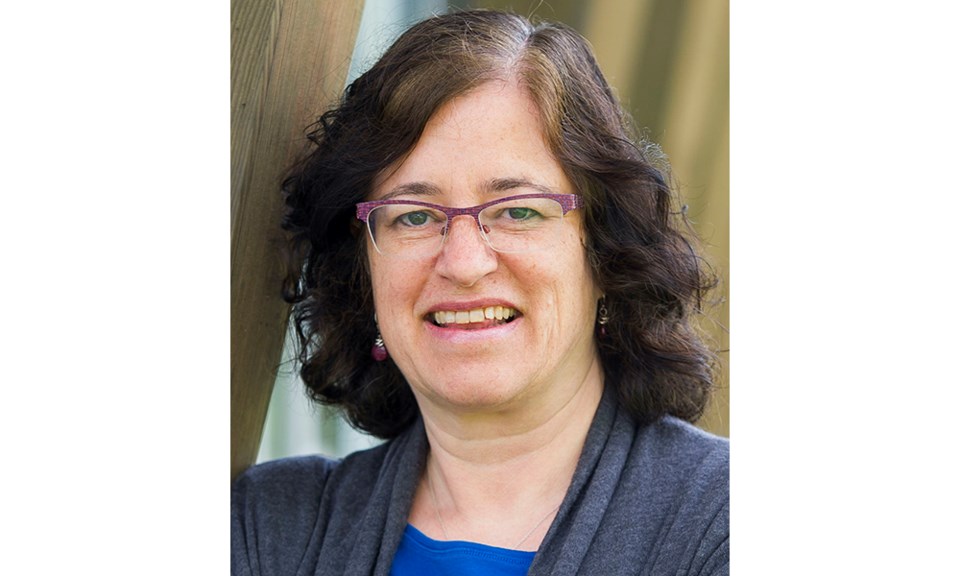Drugs have killed more people in B.C. in the past year than COVID-19.
Illicit drug overdoses have killed 3,000 British Columbians in the past year, while COVID-19 killed 2,000, Dr. Patricia Daly, chief medical health officer at Vancouver Coastal Health, said at a news conference announcing $132 million for treatment and recovery services for people with addictions.
Neither of those stats are positive, but they show the severity of the twin health emergencies we’re facing.
From July 2020 to June 2021, illicit drug deaths were the fourth leading cause of death for all British Columbians, after cancer, heart disease and strokes, Daly said. COVID-19 was the sixth leading cause of death.
For young people, drug overdose deaths are even worse: in the first half of 2021, drug overdoses were the number one cause of death for those aged 19 to 39 and the second biggest killer for those younger than 19 or between the ages of 40 and 59, Daly said.
“This is an emergency that is killing people in the primes of their lives,” she said, questioning why COVID-19 is on the front pages every day, while illicit drug toxicity deaths seem to be only in the news once a month when the monthly numbers are announced.
And the problem is getting worse.
Many of the public health measures needed to fight COVID-19 caused increased drug deaths and more people are misusing substances as the pandemic continues, she said.
“They’re being hospitalized not just due to opioid misuse, but to alcohol-use disorder, to stimulant-use disorder and we’re going to have to deal with the ramifications of this for years to come,” Daly said.
The $132 million will add more than 130 jobs, about 195 new treatment beds and aftercare services like vocational and occupational therapy or peer support. The money was part of Budget 2021 and will make treatment options easier to access across the province, said Sheila Malcolmson, minister of mental health and addictions.
“When a person living with addiction is ready to take a step toward recovery, we must ensure services are available when and where they need them,” Malcolmson said.
In many ways, B.C. is a leader in North America when it comes to harm-reduction innovation. The province was home to the first sanctioned supervised drug injection site in North America, has a long-standing, free methadone replacement program, personal drug possession is usually ignored and the province even provides some drugs by prescription . Naloxone, a drug that reverses overdoses, is provided for free. But still, the number of deaths from drugs is growing.
The more supports society can provide, the better.
One of the types of program that will benefit from this funding is peer support. Mark Haggerty is a peer navigator at St. Paul’s Hospital who lived in addiction for 20 years, but who has been recovered for eight.
“(Peer support is) one of the things I’ve been blessed to do. … I wish I had that when I was in my addiction,” Haggerty said. “Only someone with lived experience can understand addiction. People are apprehensive for many reasons when they come to the hospital, so seeing someone who looks like you, or understands you, or has been where you've been immediately puts them at ease.”
People in recovery from addiction need purpose and meaning in their lives. Peer support jobs serve two roles – they help the person in recovery, but they also help the person providing the support to serve a meaningful role in society, buttressing their own recovery.
Another person with lived experience in addictions, Jacqueline Roth, said that when she was trying to get into treatment, she had to call a facility every day for two weeks to get in.
“When I was trying to get into treatment, I had a home with access to a phone and the internet and a supportive family, but still faced barriers like wait times, expenses and travel,” said Roth, who is now a life skills worker for Interior Health and completing her bachelor’s degree in addiction counselling.
She said improved access, better follow-up care, help with transitions, counselling and safe supply are all important for recovery.
B.C. is losing five or six people every single day to illicit drug overdoses. Their average age is 44. For all of them a better life is possible and anything the province can do to prevent their deaths and improve treatment is worth the money.
Tracy Sherlock is a freelance journalist who writes about education and social issues. Read her blog or email her [email protected]

